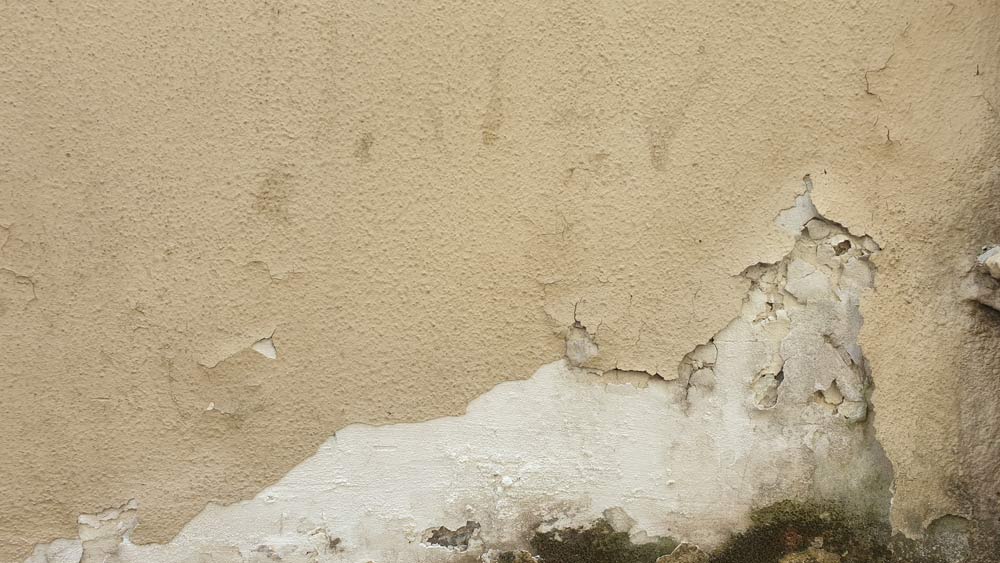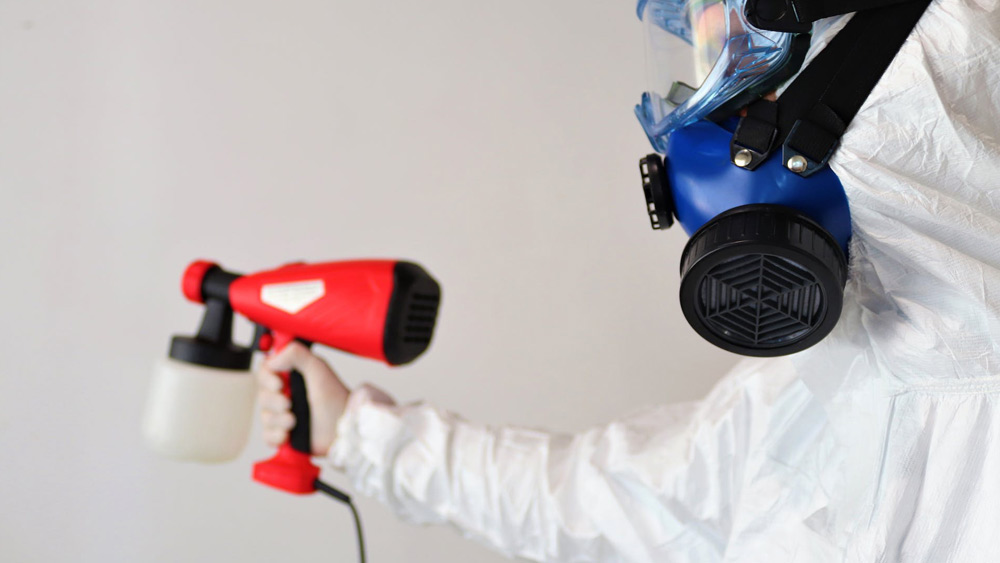Basement flooding can be a homeowner's worst nightmare. When unexpected water seeps into your basement, it can cause significant damage, not only to the contents of the space but to the structural integrity of your home. Understanding the causes and solutions to this common issue is vital for every homeowner. In this guide, we’ll cover everything you need to know about basement flooding, including its leading causes, the best ways to prevent water damage, and what to do if your basement floods!
What Causes Basement Flooding
Basement flooding can occur for various reasons, and it's crucial to understand the root causes in order to prevent it effectively. Common factors contributing to basement flooding include heavy rainfall and storms, poor drainage and grading around your home, sewer backups, and sump pump failures. You can proactively safeguard your property against this inconvenient and potentially costly issue by identifying the underlying reasons for basement flooding. Here are some common causes of flooding:
- Heavy rainfall and storms: Sudden, heavy rainfalls or severe storms can lead to water seeping into your basement if your home isn’t prepared!
- Poor drainage and grading: Incorrect grading around your home or inadequate drainage systems can direct water toward your basement, increasing the risk of flooding.
- Sewer backups: Sometimes, sewage systems can become overloaded or blocked, causing sewage to back up into your basement. Ew.
- Sump pump failures: Sump pumps are designed to prevent flooding, but your basement can flood if they fail or lose power during a storm.

3 Signs of Impending Basement Flooding — What to Look For
Like most housing issues, there are usually warning signs. Recognizing the early warning signs of potential basement flooding is crucial in preventing extensive damage. Keep an eye out for the following indicators:
- Damp or musty odors: A persistent musty or damp smell in your basement can indicate excess moisture, which could be a sign moisture is leaking into your basement.
- Cracks in walls or floors: Cracks in the walls or floors of your basement may indicate structural issues that allow water to seep in.
- Slow-draining sinks or toilets: If your sinks or toilets are draining slowly, it might be due to a blockage in your drainage system that could eventually lead to flooding.
By paying attention to these signs, you can take early preventive action and avoid the headache of basement flooding.

How Can I Prevent Basement Flooding?
A good offense is the best defense. A proactive approach to basement flooding can save you from headaches and costly repairs. Here are some practical strategies to keep your basement dry and protected:
- Proper landscaping and grading: Ensure your yard is properly graded away from your home's foundation. This will help direct rainwater and storm runoff away from your basement.
- Sump pump installation and maintenance: Consider installing a sump pump in your basement if you need one. Regularly check and maintain your sump pump to ensure it's functioning correctly. It's your first line of defense against water accumulation.
- Foundation waterproofing: Invest in foundation waterproofing. This can involve applying sealant coatings or installing waterproof barriers on your foundation walls. It's vital in preventing water from seeping through your basement walls.
Implementing these preventive measures can significantly reduce the risk of basement flooding and protect your home from water damage.
Dealing with Water Damage in Your Basement
When basement flooding occurs, it's essential to take immediate action to minimize damage and ensure safety. Here are the steps to follow:
- Safety precautions: Before entering the flooded area, ensure your safety. Turn off the electricity if it's safe, and wear protective gear like rubber boots and gloves. Be cautious of potential hazards.
- Water removal and drying: Begin by removing the water from the basement. You can use a wet-dry vacuum, buckets, or pumps. Afterward, thoroughly dry the area using fans, dehumidifiers, and open windows. Quick drying is crucial in preventing mold growth.
- Assessing structural damage: Check for any structural damage to your basement. Inspect the walls, floors, and foundation. If you notice any significant damage, it's essential to contact professionals for repairs.
Responding quickly to basement flooding is vital to minimize damage and health risks. By following these steps, you can ensure a safe and efficient response to water damage in your basement. If you’re not confident in your ability to do any of these tasks, contact us!

Preventing Mold After Basement Flooding — A Step-by-Step Guide
After your basement has been flooded, the risk of mold growth becomes a significant concern. Mold can damage your property and pose health risks to your household. Here's how to prevent and mitigate mold issues:
- Thorough cleaning: Start by cleaning and disinfecting the affected area. Use a water and detergent solution to scrub surfaces, and then follow up with a disinfectant. Pay special attention to areas that were submerged in water. If there's visible mold growth, use an appropriate mold removal product.
- Drying and dehumidifying: Ensure your basement is thoroughly dried after the flooding. Use dehumidifiers and fans to remove excess moisture from the air and surfaces. Mold thrives in damp conditions, so reducing humidity is essential.
- Proper ventilation: Keep your basement well-ventilated. Use fans or open windows to allow air circulation. Adequate ventilation helps in reducing moisture buildup and inhibits mold growth.
- Inspect and repair: Regularly inspect your basement for any signs of mold growth or water damage. Address any leaks, cracks, or water entry points promptly to prevent future flooding.
Preventing mold after basement flooding is crucial for your home's safety and your family's health. Following these steps can minimize the risk of mold issues and ensure a clean and healthy living environment.
Has Your Basement Flooded in Spokane? We Can Help!
Understanding the causes, recognizing warning signs, and taking preventive measures are crucial to protecting your basement from flooding. Basement flooding can lead to severe structural and health issues, so awareness and early action are essential. By addressing grading, installing sump pumps, waterproofing your basement, and knowing how to react in the event of a flood, you can safeguard your home against this common issue. Remember, your basement is an integral part of your home, and maintaining its integrity ensures a safe and comfortable living environment.
However, it's important to note that unforeseen flooding and storm damage can still occur despite all precautions. In such situations, it's highly advisable to seek professional assistance. Safeway Restoration, specializes in restoring properties affected by water damage, including basement flooding. Our expertise ensures a swift and effective response to minimize the damage and restore your basement to its pre-flood condition. So, take these proactive steps and know that if basement flooding occurs, water damage restoration professionals in Spokane, like Safeway Restoration, are here to help. Your home and peace of mind are in good hands.
